Have you ever been to a country that spans more than one continent? Imagine stepping into two different worlds, two different continents, all within the borders of a single nation. These transcontinental countries offer travellers the unique chance to explore profound cultural shifts, dramatic geographical boundaries, and incredible diversity without ever stamping a new passport.
We’ve curated 12 nations that are rewriting the map, inviting you on a truly geography-defying adventure. Read on to see which one surprised you the most!
Also read: Cheapest Way to Get from Asia to South America
The Land Bridges: Contiguous Transcontinental Countries
1. Russia (Europe and Asia)
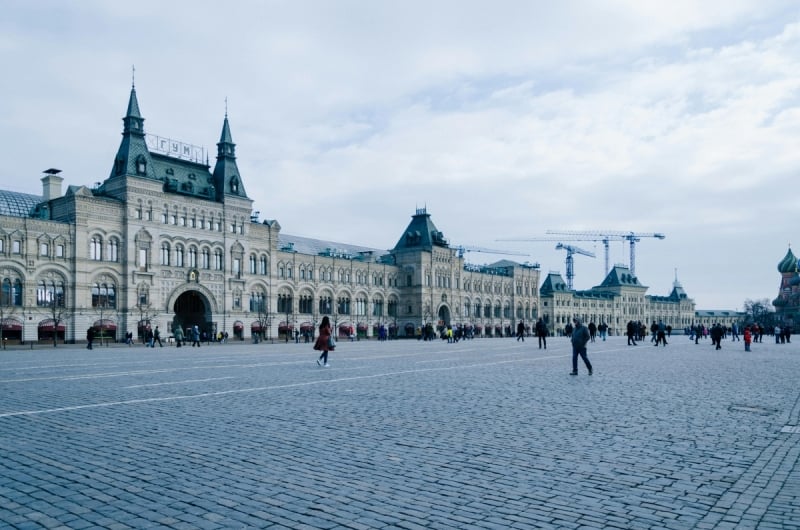
Image credit: Pixabay | Pexels
As the world’s largest country, Russia’s vast territory famously spans both Europe and Asia. Explore the cosmopolitan West before venturing into the immense, historic expanses of Siberia in the East.
2. Turkey (Europe and Asia)

Image credit: Francesco Ungaro | Pexels
Stand on Istanbul’s Bosphorus Bridge to witness a continental divide. Turkey offers a rich blend of history, architecture, and cuisine rooted in both European and Asian traditions.
3. Kazakhstan (Europe and Asia)
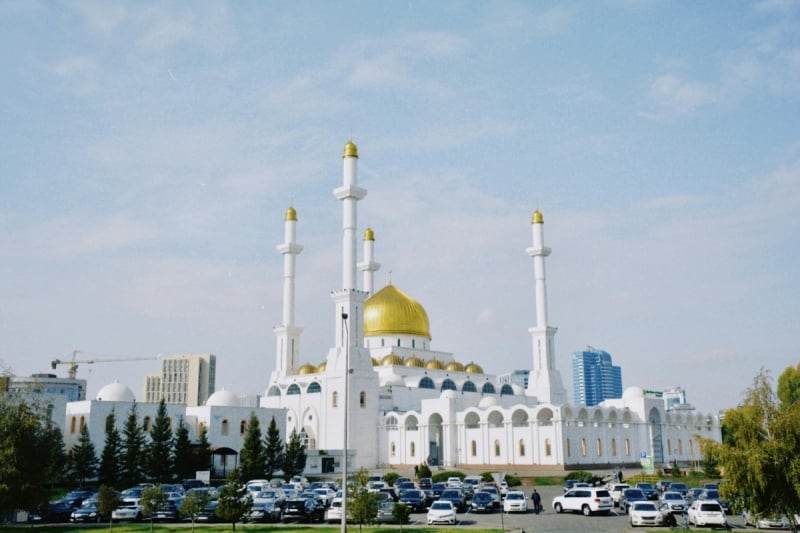
Image credit: Aibek Skakov | Pexels
While most of its land lies in Central Asia, a smaller western portion of Kazakhstan is geographically part of Eastern Europe. This makes it a fascinating cross-cultural destination.
4. Egypt (Africa and Asia)

Image credit: Murat Şahin | Pexels
Experience two continents in one nation as you cross the Suez Canal. While the bulk of Egypt is in Africa, the historic Sinai Peninsula is firmly placed in Asia.
Island Hopping Across the Globe: Non-Contiguous Countries
5. France (Europe, South America, North America, Africa)

Image credit: Eugene Dorosh | Pexels
France has the most impressive reach. Its overseas regions and territories include French Guiana in South America and islands like Martinique in North America. Travellers can also explore three continents just by flying French domestic routes.
6. Spain (Europe and Africa)

Image credit: Riccardo | Pexels
Explore the Iberian Peninsula in Europe, then head to the Canary Islands or the North African enclaves of Ceuta and Melilla, which are geographically part of the African continent.
7. Denmark (Europe and North America)
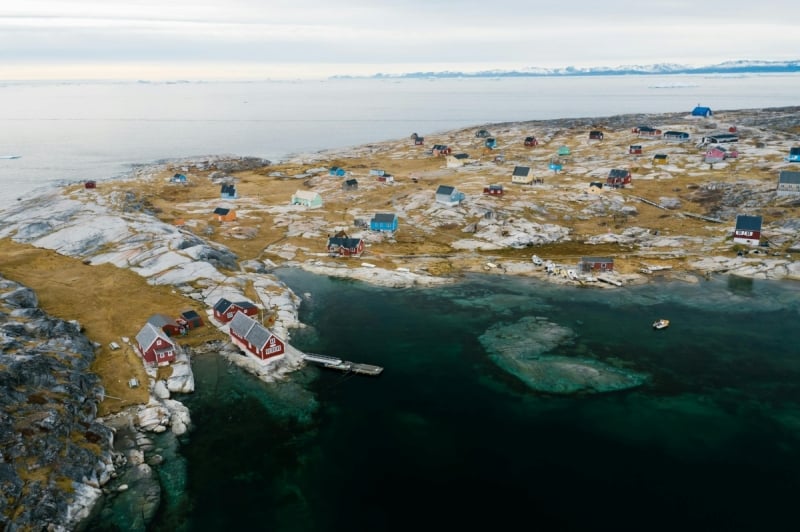
Image credit: Mikhail Nilov | Pexels
While its mainland is firmly European, Denmark’s inclusion of Greenland, the world’s largest island, places it squarely in North America. This offers an arctic contrast to its European roots.
8. United States (North America and Oceania)

Image credit: Ran Hua | Pexels
The main continent is North America, but its territory famously includes the state of Hawaii and other Pacific islands, such as Guam and American Samoa, which are in the Pacific. Some of these are considered part of the Oceania region.
9. Chile (South America and Oceania)
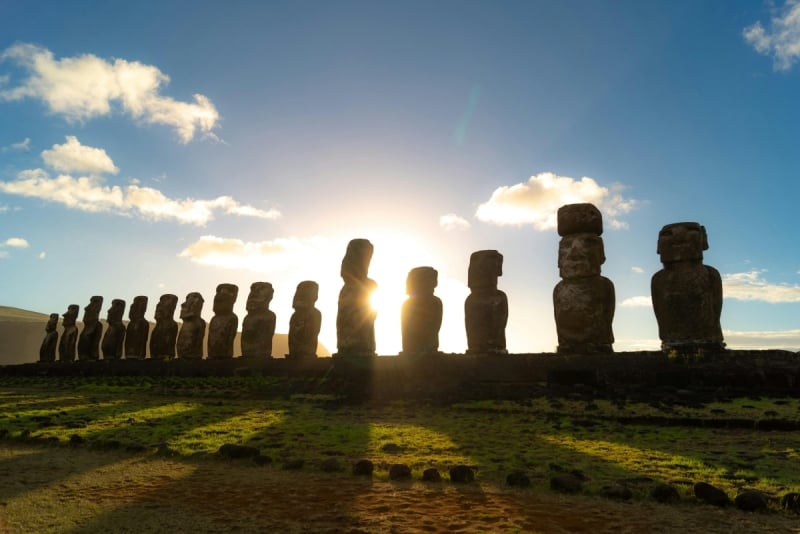
Image credit: Andrea Vera Sasso | Pexels
Though primarily located in South America, Chile’s control of the iconic Easter Island (Rapa Nui) means its reach extends into Oceania.
10. Yemen (Asia and Africa)
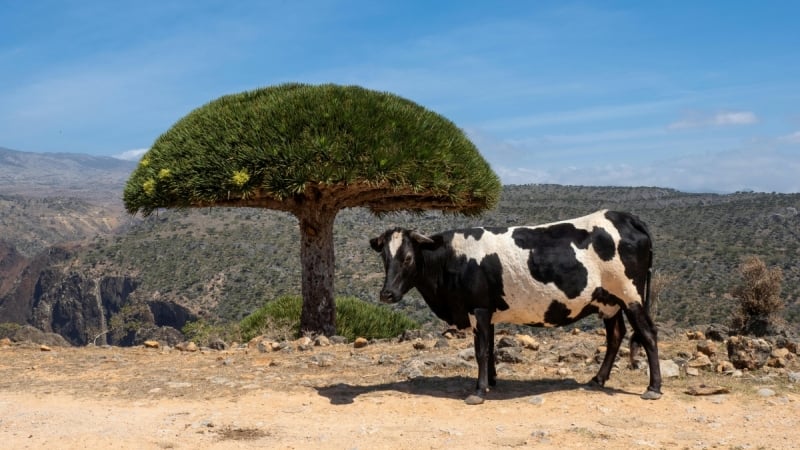
Image credit: R.J. Sterk | Pexels
While the mainland is in Asia, the stunning and unique Socotra archipelago is geographically much closer to the African continent.
11. Colombia (North and South America)
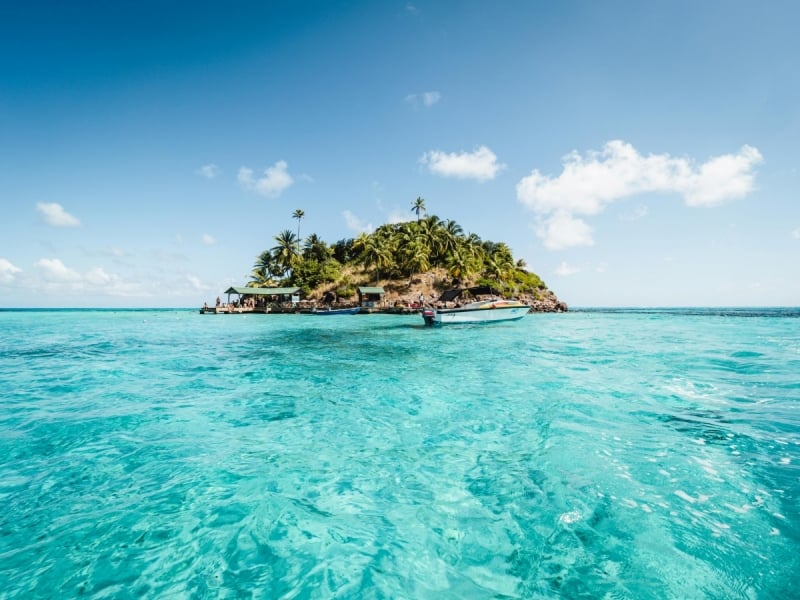
Image credit: Fabian Wiktor | Pexels
Its main territory is in South America, but Colombia administers islands like San Andrés and Providencia in the Caribbean. This gives it a territorial stake in North America.
12. Venezuela (North and South America)
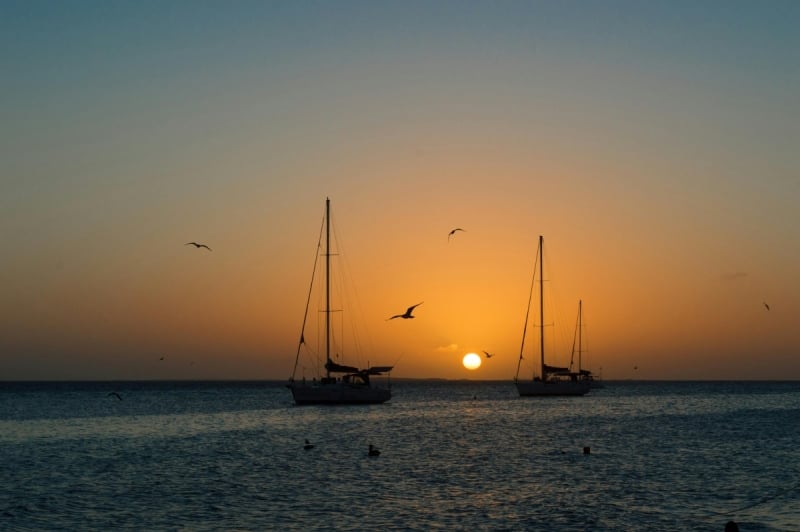
Image credit: Maria Isabella Bernotti| Pexels
Similar to Colombia, Venezuela’s primary landmass is in South America. Nevertheless, its control over Aves Island (Isla de Aves) places a slice of its jurisdiction in North America.
Also read: This Traveller From Malaysia Visited 85 Countries, 7 Continents, and 5 Oceans!
So, are you ready to start planning a trip that literally crosses continents? Which country that spans two continents (or more) will you visit first?




